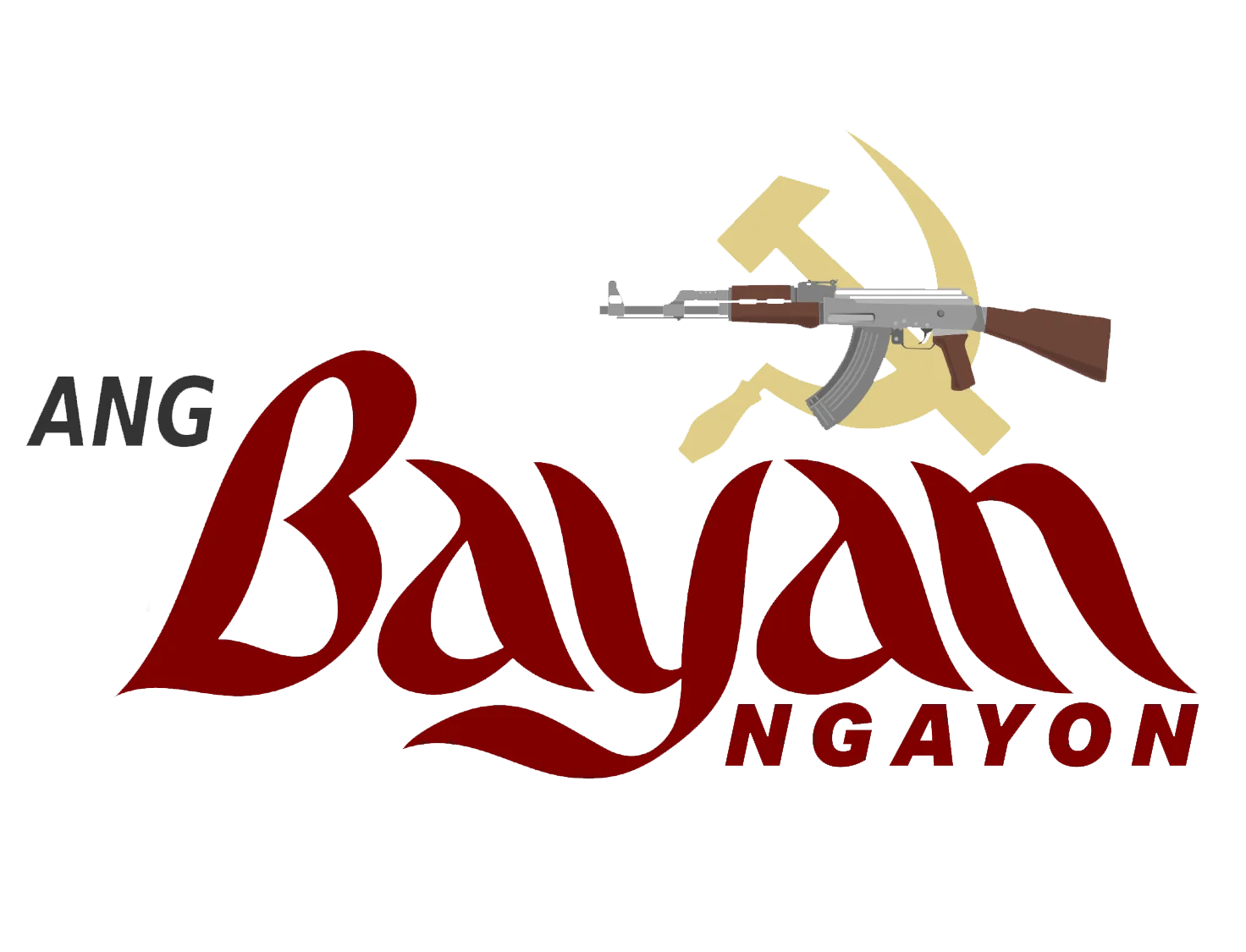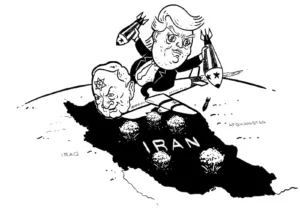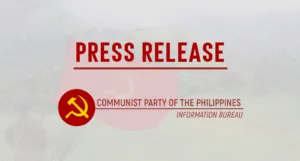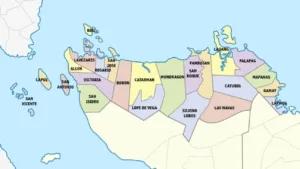When both Israel and Iran declared a ceasefire, many now expect oil companies to implement a rollback in prices after global crude oil prices dropped on June 24. However, instead of lowering prices, companies raised them by ₱1.75 per liter for gasoline, ₱2.60 per liter for diesel, and ₱2.40 per liter for kerosene on June 25. This marks the second day of a two-day staggered price increase. In total, gasoline prices rose by ₱3.50 per liter, diesel by ₱5.20 per liter, and kerosene by ₱4.80 per liter.
Global market crude oil prices fell from around $80 per barrel to $69 per barrel in recent days, prompting some sectors to demand that local oil prices should be rolled back. The Department of Energy (DOE) tentatively announced that oil prices could decrease by ₱1.00 to ₱1.40 per liter for gasoline, ₱1.60 to ₱2.10 per liter for diesel, and ₱2.00 to ₱2.20 per liter for kerosene next week.
IBON Foundation denounced the planned rollback, saying it is very far from the price increases that used Israel’s aggression against Iran as an excuse. Even previous rollbacks only account for a small portion compared to the successive price hikes. In recent months, for example, rollbacks made up only 27% of the net increase in gasoline prices and only 37% for diesel. Consumers still suffer significant losses after eleven consecutive weeks of price increases.
Ibon also criticized the implementation of staggered oil price hikes this week. IBON executive director Sonny Africa said the so-called staggered price increase is not an act of goodwill but a strategy to maximize profits from previously purchased cheap oil. He stated that the Marcos Jr regime and oil companies colluded to implement this tactic to suppress dissent and cover up their profiteering.
Staggered oil price hikes merits no gratitude. Oil firms simply paced thier effort to extract excessive profits from selling pre-stocked cheap oil, Africa said. Drivers had already ridiculed the staggered increase, calling it “a big farce.”
IBON emphasized that real relief for consumers will require full transparency in oil pricing and inventory, stricter price regulation more than just monitoring, taxation of large oil company profits, and sufficient and genuine aid for the poor. The group said the current government cash aid is “insufficient and tokenistic,” and does not adequately address the significant loss of income for millions of impoverished Filipinos.













